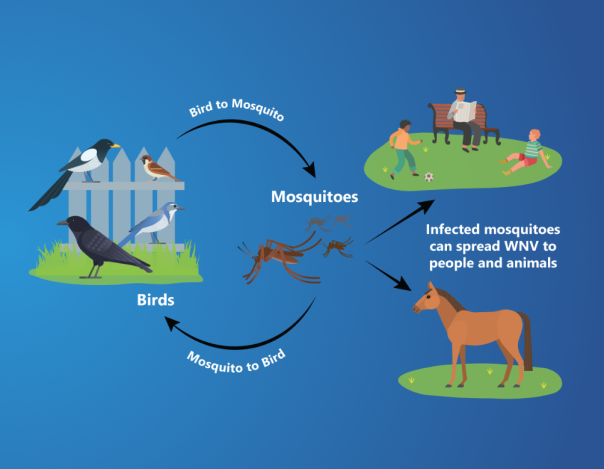By Suzanne Potter, Producer, Public News Service
CoveredCA announced last week that the average premium for plans on the marketplace will rise 7.9% in 2025, but subsidies are expected to blunt the impact and even lower costs for many consumers.
The Biden-Harris administration’s Inflation Reduction Act caps premiums at 8.5% of income for many, and goes even further for those with low incomes.
Rachel Linn Gish, director of communications for the nonprofit Health Access California, said the state has put the federal funds to good use.
“Because of this financial help,” she said, “California has been able to take even further steps to lower costs for many CoveredCA enrollees by eliminating deductibles and reducing copays for many health services such as doctors’ visits, lab work, generic drugs.”
However, the enhanced premium subsidies in the IRA will expire next year, sending costs soaring unless Congress extends them. If not, Gish said, she expects premiums to rise 60% to 80%, costing thousands more per year. Opponents of the extension have cited the need to limit federal spending.
Gish said if the federal premium help ends, people could start seeing much higher deductibles.
“Without the federal assistance, California stands to lose $1.7 billion in assistance, which the state can only backfill a fraction of,” she said, “which means consumers could again see deductibles of $5,000 or more.”
Other big changes are on the way. Starting Nov. 1, about 40,000 income-eligible DACA recipients in California will be able to apply for premium subsidies through Covered California.
Disclosure: Health Access contributes to Public News Service’s fund for reporting on Health Issues. If you would like to help support news in the public interest, visit publicnewsservice.org.







